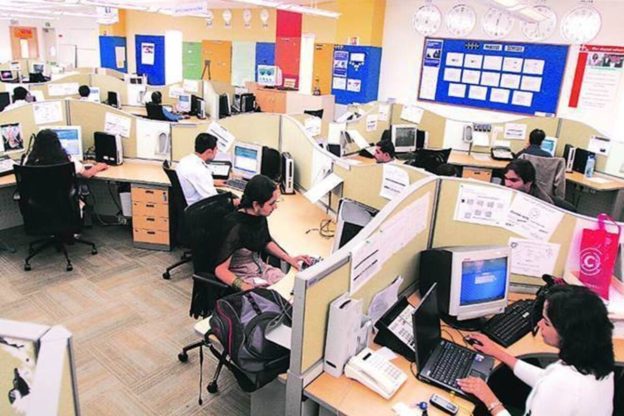People visiting e-Sevai centres can now record their details on a biometric system and the charges for the service would be debited from their Aadhaar linked bank account to the e-Sevai centre.
Tamil Nadu’s information technology sector is committed to contributing to the vision of the state of becoming a $1 trillion economy by 2030, said Mano Thangaraj, state information technology minister.
Inaugurating an AI & Data Analytics Conclave, here on Friday, he said Tamil Nadu is a premier state in India in adopting IT tools to deliver quick and efficient online services to people of the state.
The conclave is a common platform for experts and leaders from the government, CEOs from IT/ITeS and domain experts, researchers to come together and evangelise under the theme: Role of AI and Data Science in the future growth of Tamil Nadu.
Tamil Nadu e-Governance Agency, which is spearheading the IT development has several notable projects to its credits, including e- Sevai – which provides over 130 online services to people through more than 10,800 centres spread across the state. For the convenience of people and to encourage cashless transactions, an Aadhaar enabled payment service (AEPS) has now been introduced.
People visiting e-Sevai centres can now record their details on a biometric system and the charges for the service would be debited from their Aadhaar linked bank account to the e-Sevai centre.
Other significant projects include e-Office – which aims at paperless offices and better governance and administration, State Family Database – centralised, secure and a single source of resident data and TN Geographical Information System.
TNeGA has also rolled out a safe and ethical AI policy and Tamil Nadu Blockchain Policy – a pointer to its ability to handle new, emerging and sophisticated technologies said a Tamil Nadu government communication.
TNeGA, through its centre of excellence in emerging technologies, has successfully implemented a face recognition attendance system (FRAS) in government schools and offices. Further, TNeGA’s e-Paarvai – an AI-based android mobile application system that helps detect cataracts has been successfully tested and implemented in 14 districts of the state.
As part of its vision to build infrastructure for smart governance, improving the competitiveness of the state economy, TNeGA recently designed and developed two new portals – e-Munnetram and IT Nanban. The portals will contribute in paving the way for increasing the ease of doing business rankings and greater interaction between stakeholders – government, IT/ITeS, MSMEs, research organisations, educational institutions and domain experts, it added.
https://www.financialexpress.com/industry/it-sector-to-contribute-to-tn-becoming-1-trn-economy-by-2030/2386367/







